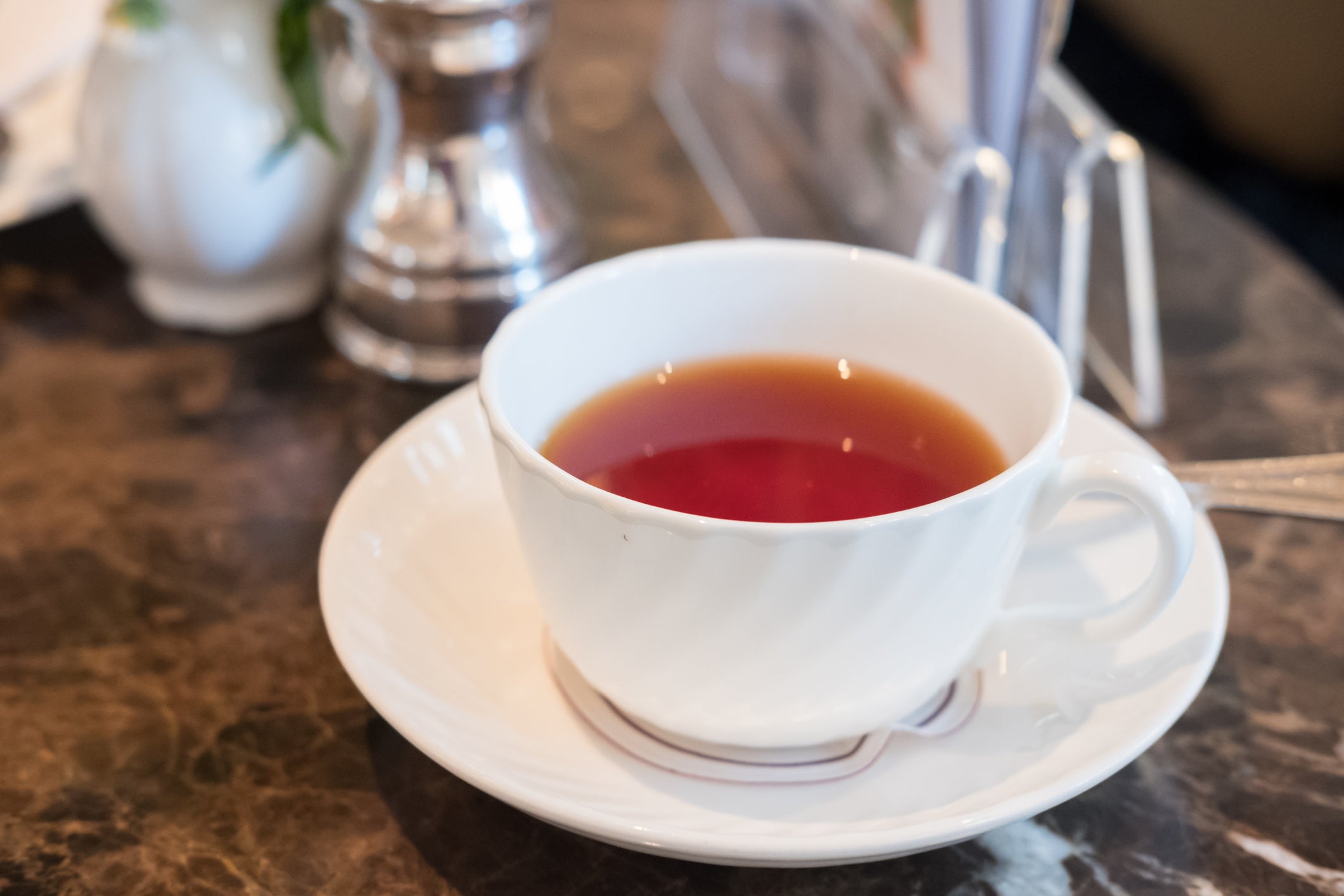Yorkshire parkin cakes and tea researched over historic ‘links to the slave trade’
‘Historically, some of the ingredients used to make these ‘local’ products were gained through the triangular slave trade,’ says council

Leeds City Council has launched an educational research project into tea produced in Yorkshire and Yorkshire parkin cakes over links to colonialism and the slave trade.
A parkin is a traditional ginger cake that has been eaten in Britain since the 18th century.
However, now it’s believed that the ingredients used in the cake, like sugar, may have connections to the historic slave trade.
The project was started last summer shortly after the resurgence of the Black Lives Matter movement.
A council document details the project underneath a heading titled “activity in relation to Black Lives Matter” outlining plans to research into “how local products such as Yorkshire parkin and Yorkshire tea are, in fact, reliant on global trade”.
The findings will then be used as teaching material for primary school pupils in Leeds and will be added to the local Leeds Curriculum and to MyLearning.org, which is a national teaching resource hub with content aimed at a non-specialist subject teacher potentially approaching a topic for the first time.
MyLearning.org is currently ongoing and explores themes including colonialism and fair trade and how they might be relevant to the stories of some objects in the collection, including Parkin cakes and Yorkshire tea.
The Leeds City Council said: “Whilst this production created local employment and put some Yorkshire products on the map, some of the ingredients listed in them would have been sourced from around the empire and would have involved the labour of enslaved people as well as exploitation of resources and communities around the world.
“Our work will aim to reflect these issues, looking at them from a contemporary perspective in an effort to tell their whole stories.
“Once complete, this information is likely to sit within the Empire and Colonial Leeds section of the site, but will also be searchable throughout the website and beyond.”
Separately, Yorkshire Tea, the brand, showed support for the Black Lives Matter movement in response to customers on Twitter last year.
In summer 2020, thousands of people across the UK called for justice in the aftermath of George Floyd’s death, condemning racism and calling for an end to police brutality against black people.
A Twitter user wrote: “I’m dead chuffed that Yorkshire Tea hasn’t supported BLM.”
Two days later, Yorkshire Tea responded to them urging them to no longer buy their product.
“Please don’t buy our tea again,” the firm stated.
“We’re taking some time to educate ourselves and plan proper action before we post. We stand against racism. #BlackLivesMatter.”
Following Yorkshire Tea’s show of support for Black Lives Matter, tea rival PG Tips then chimed in, replying to another customer who had shared prejudiced views.
“If you are boycotting teas that stand against racism, you’re going to have to find two new tea brands now. #blacklivesmatter #solidaritea.”
Join our commenting forum
Join thought-provoking conversations, follow other Independent readers and see their replies
Comments
Bookmark popover
Removed from bookmarks